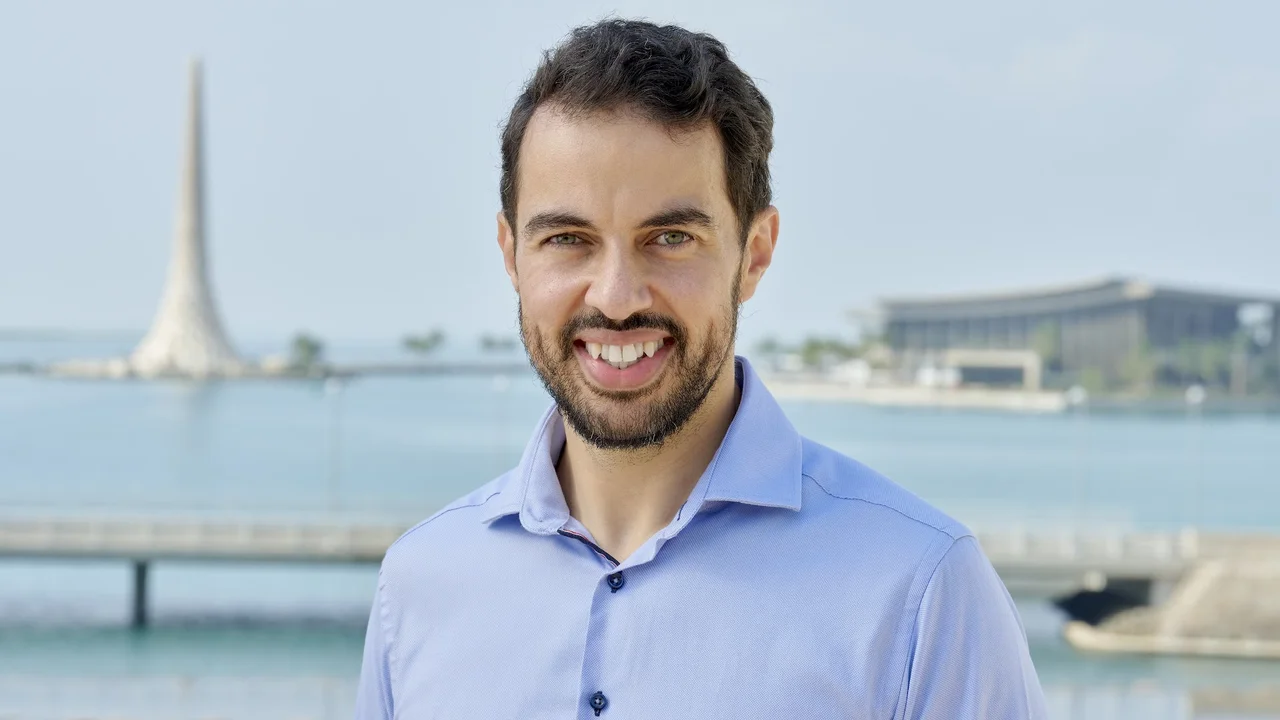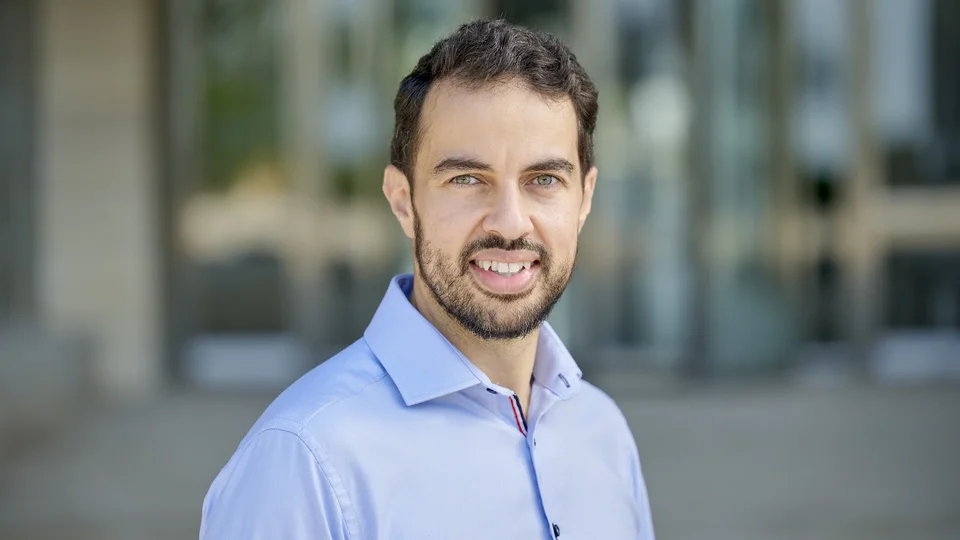
CEMSE New Faculty: Suhaib Fahmy, Associate Professor, Computer Science
Suhaib Fahmy joins KAUST as an associate professor of computer science and the principal investigator of the KAUST Accelerated Connected Computing Laboratory (ACCL). Fahmy’s research explores novel ways to integrate accelerated computation and communication to achieve improved efficiency, latency, and security in computing systems — improvements he deems key considerations as computing continues to pervade all aspects of our lives.
About
By David Murphy
Suhaib Fahmy joins KAUST as an associate professor of computer science and the principal investigator of the KAUST Accelerated Connected Computing Laboratory (ACCL). Fahmy’s research explores novel ways to integrate accelerated computation and communication to achieve improved efficiency, latency, and security in computing systems — improvements he deems key considerations as computing continues to pervade all aspects of our lives.
Besides the opportunity to work with world-class faculty in a stimulating research environment, Fahmy cites the potential for his research to achieve a broader impact beyond his particular community as the chief reason why he chose to join KAUST.
“Thinking about computing as a tightly coupled integration of computation and communication opens up the possibility of more responsive, efficient, and adaptable systems to meet evolving demands. KAUST allows me to pursue cutting-edge research at this intersection.
“KAUST is a unique institution, where one can pursue exciting and risky research without having to temper it to make it palatable to funders and peers. Research on computing systems requires access to cutting-edge hardware and an understanding of the challenging applications that can exploit these advances,” he noted.
Overcoming inefficiency in existing computing abstractions
Traditional computing involves the compilation of software onto general-purpose processing architectures. While these architectures are flexible and general enough to support any conceivable application, they remain inefficient, and these inefficiencies are amplified when scaled up to large systems.
“More specialized architectures can achieve orders of magnitude better performance and efficiency but require a bespoke design. Therefore, retaining suitable generality for a class of applications can be challenging,” Fahmy explained.
“Architectures like Graphics Processing Units (GPUs) have shown the potential of computational acceleration, but they are power-hungry and rely on a host processor to manage them. The more connected context we live in today demands that data can move around networks and be processed by a variety of application-oriented accelerator architectures. As computer scientists, we must create responsive, flexible systems to meet these demands.”
Fahmy and his ACCL team are currently investigating a variety of approaches to hardware acceleration and how connected computing can enable more efficient, performant, and secure systems.
“My group is interested in how we can overcome the inherent latency and inefficiency in existing computing abstractions. We hope to achieve this goal by proposing connected accelerator architectures that consider connectivity from the outset, alongside specialized accelerator architectures to support more challenging applications.
“This brings together the disciplines of hardware architecture design, application compilation, and networking to reconsider the abstractions that have underpinned modern computing,” he noted.
A tangible route to impact
Fahmy graduated from Imperial College London with an M.Eng. in information systems engineering ('03) and Ph.D. in electrical and electronic engineering ('08). He then joined Trinity College Dublin, Ireland, as a postdoctoral research fellow, and simultaneously worked as a visiting research engineer at Xilinx Research Labs Ireland. His time spent at Xilinx, a leading manufacturer of Field Programmable Gate Arrays (FPGAs), afforded him invaluable industry exposure.
“At Imperial, I was excited by the possibility of working with alternative and fluid computer architectures that I could tailor to the requirements of different applications. Working at Xilinx gave me an appreciation for the challenges of delivering research with a tangible outcome. It reinforced my passion for addressing open problems for which I could see a route to wider impact.”
Fahmy’s next career move took him to Singapore and Nanyang Technological University. During his spell as an assistant professor in the School of Computer Engineering, he significantly expanded their research activity in reconfigurable computing and led early work on virtualizing FPGAs for cloud computing.
In 2015 Fahmy returned to the U.K. to join the University of Warwick, where he led the Connected Systems Research Group and the Adaptive Reconfigurable Computing Lab within the School of Engineering and launched an exciting joint computer systems engineering degree programme between engineering and computer science. He was also appointed a Turing Fellow at The Alan Turing Institute, the U.K.’s national institute for data science and artificial intelligence.
“Moving internationally twice in my career has given me a taste of different research cultures, the best parts of which I hope to synthesize into my own. Now at KAUST, I relish the opportunity to work with highly motivated researchers and students from all over the world to address some of the key challenges in computing today,” he concluded.
